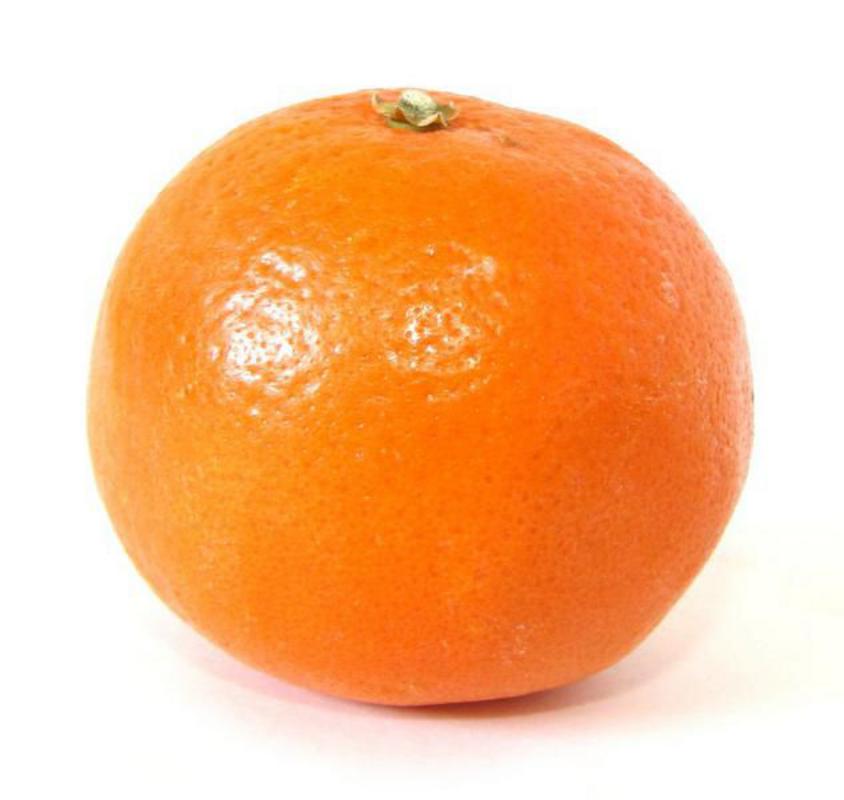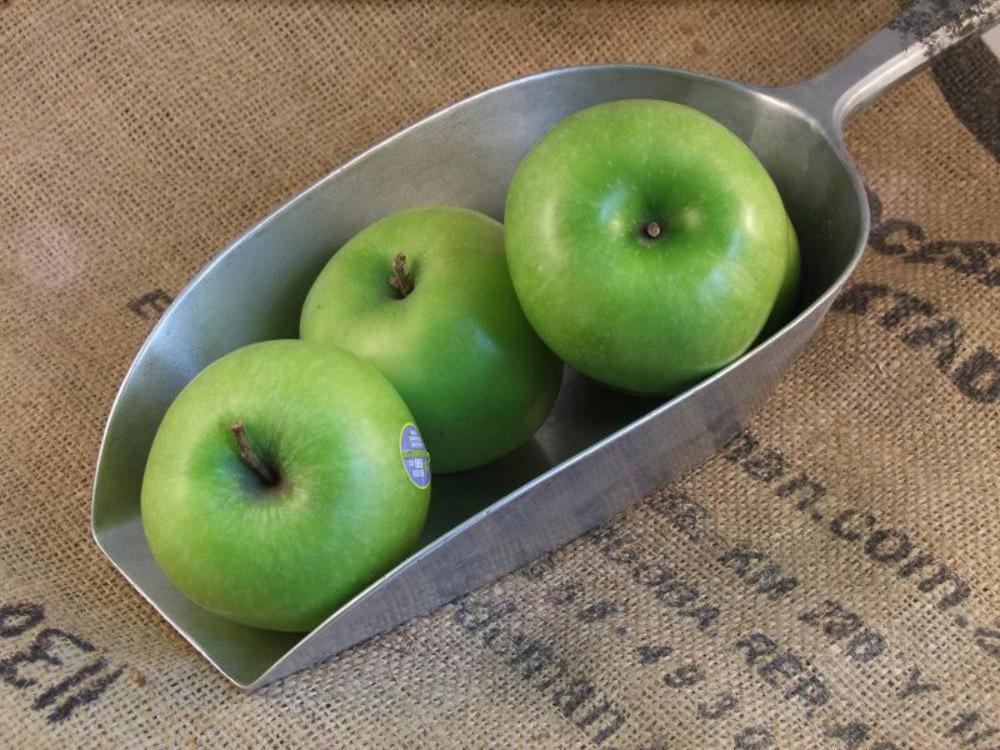Hayfever symptoms of runny noses, itchy eyes and sneezing can be debilitating and make this time of the year miserable for many.
Antihistamines are freely available, but what if you would like to find more natural remedies?
Here are some nutritional additions to your diet which may just help:
Vitamin C
Vitamin C promotes a healthy immune system, can help calm inflammation and over two dozen controlled trials have shown that vitamin C shortens the duration and alleviates the symptoms of the common cold.*
The NHS recommends 40 grams a day of vitamin C which you can gain through eating fruits and vegetables in your diet. You need to consume vitamin C every day, here are our links to some excellent sources:

oranges and orange juice
red and green pepper
berries and other soft fruits
broccoli
potatoes - most of it is just under the skin, so leave the skins on and eat them!
Supplements may be useful if you are experiencing a reaction, it's not generally recommended taking more than 1000mg a day, it may lead to diarrhoea and stomach pains if more is consumed. Our vitamin C supplements can be found here.
*Source BMJ 2014;349:g5517 retrieved from BMJ 28.07.16
Quercetin

Quercetin is an antioxidant that belongs to a class of water-soluble plant substances called flavonoids.
It is thought to prevent the release of the inflammatory chemical histamine from immune cells called mast cells. Histamine is involved in allergic symptoms such as sneezing and itching.
Carotenoids
Carotenoids are a family of plant pigments, the most popular being beta-carotene
A lack of carotenoids in the diet is thought to promote inflammation in your airways.
Many people don't even get one serving of carotenoid-rich foods a day. If this is you, consider striving for one to two servings a day.
Omega-3 Fatty Acids
Omega-3 fatty acids are a type of essential fatty acid that we must obtain through our diet.
Research suggests that may they reduce the production of inflammatory chemicals in the body (prostaglandin E2 and inflammatory cytokines).
Good sources of omega-3 fatty acids are:
Fish oil capsules: providing 1 to 1.2 grams of EPA and DHA per day. Side effects of fish oil may include indigestion and a fishy aftertaste.
Fish oil has a mild "blood-thinning" effect. If taking warfarin (Coumadin) or heparin or are at risk of bleeding complications, do not take fish oil without consulting a doctor. Fish oil should not be taken two weeks before or after surgery.